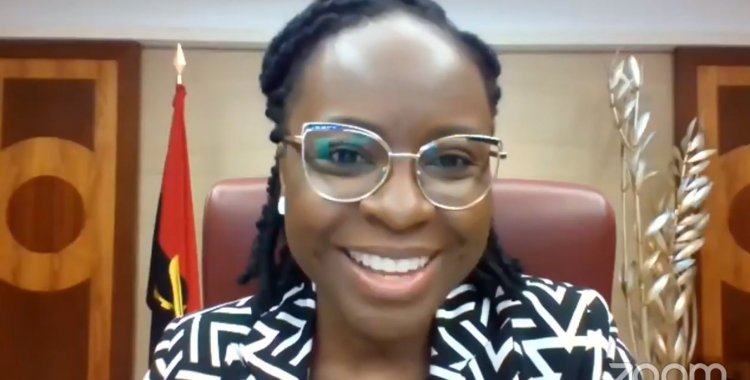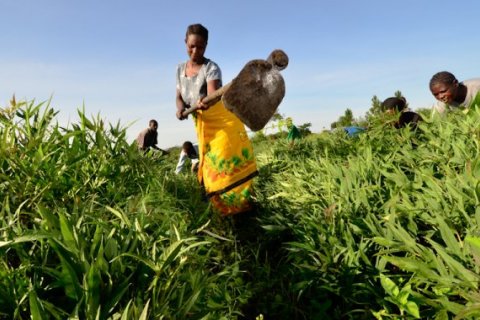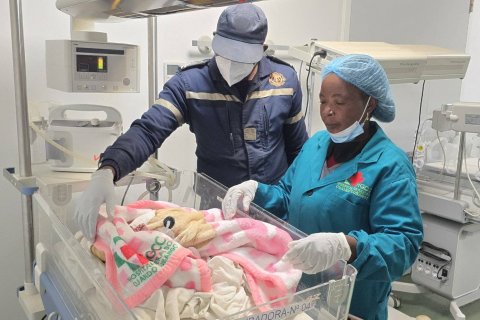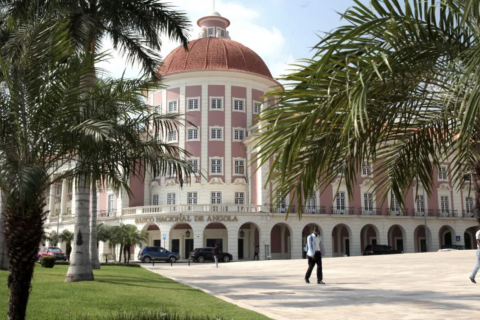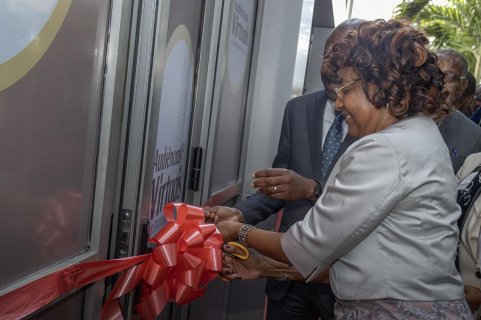"We are doing an active management [of the debt] , dialoguing with our creditors and we got that space to breathe," Vera Daves said in the videoconference "Angola: Structural Reforms for Economic Growth," organized by the Catholic University.
The minister alluded to the G20 Debt Service Suspension Initiatives (DSSI), to which Angola adhered, as well as agreements negotiated with other creditors such as China.
"We must prepare for when the reliefs cease. The DSSI initiative has a deadline and the agreements also have a deadline, it's our mission to prepare for that moment and the general state budgets are built for that," he said.
That's why, he added, public-private partnership (PPP) solutions are being studied to pass on as many assets as possible that generate more liabilities than dividends to the private sector "for when that breathing space ceases.
Vera Daves pointed out that the government continues to work on the reforms needed to reduce the deficit and "ideally" have surpluses: "This is what will allow us to slow down the pace of indebtedness and reduce debt service without the need to contract new debt on the same scale.
The government expects to reduce the debt stock to less than 100 percent by the end of 2023 and estimates a non-oil gross domestic product (GDP) growth of 2.5 percent by 2021, a "clear signal", according to the minister that the non-oil sector is reacting to measures that have been implemented.
She also spoke of the "perfect storm" that has hit Angola in recent years, pointing to the consequences of the fall in oil prices, which has resulted in a reduction in revenues, sacrificing net international reserves with a strong impact on external accounts.
"We had to design a reform program to restore balance and capture financing flows through both investment and debt," he said.
Vera Daves also addressed the issue of fuel subsidies, admitting that they introduce "a series of distortions" with which the government wants to end at the right time.
"Of course we have to consider the moment we are living and the conditions in which families are (...) we have to be cautious", she stressed.
"There is commitment and political will, but we have to balance this with the conditions of the population so as not to be forced to retreat," he added, explaining that the executive's goal is to move from a system that subsidizes companies to subsidies to the population, like the Kwenda program.
The government, he stressed, wants to privatize all the companies that are below their potential or even inactive, and the privatization program includes 195 assets.
"We are working on the restructuring of large public companies to partially privatize by the end of 2021 or 2022," Vera Daves said, indicating that the model is yet to be defined.
António Henriques da Silva, president of the board of the Angolan Private Investment and Export Promotion Agency (Aipex), pointed out that a new contractual regime is being studied to make it more attractive for investors to negotiate specific conditions with the Angolan state, as exists in the mining sector.

